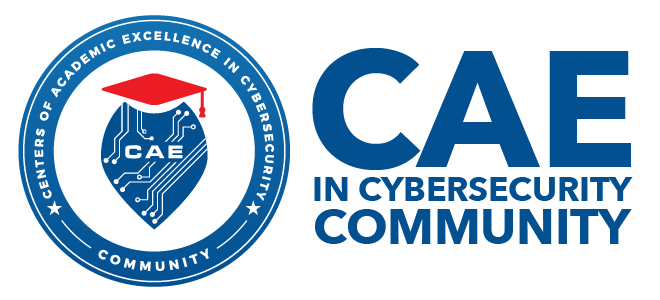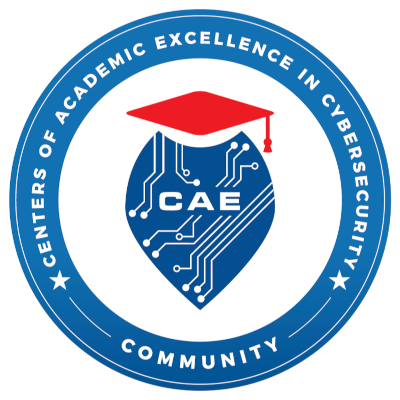The Cybersecurity Workforce Challenge: Are Academically Qualified Faculty Members the Bottleneck?
This mini workshop will start with a short presentation to provide latest statistics on the cybersecurity workforce challenge, followed by a discussion about the nationwide demand and open positions for academically qualified cybersecurity faculty, both full-time and adjunct. Then, an interactive workshop will be provided where the audience will collaboratively share their own stories regarding the recruitment of academically qualified faculty members at their institution.

